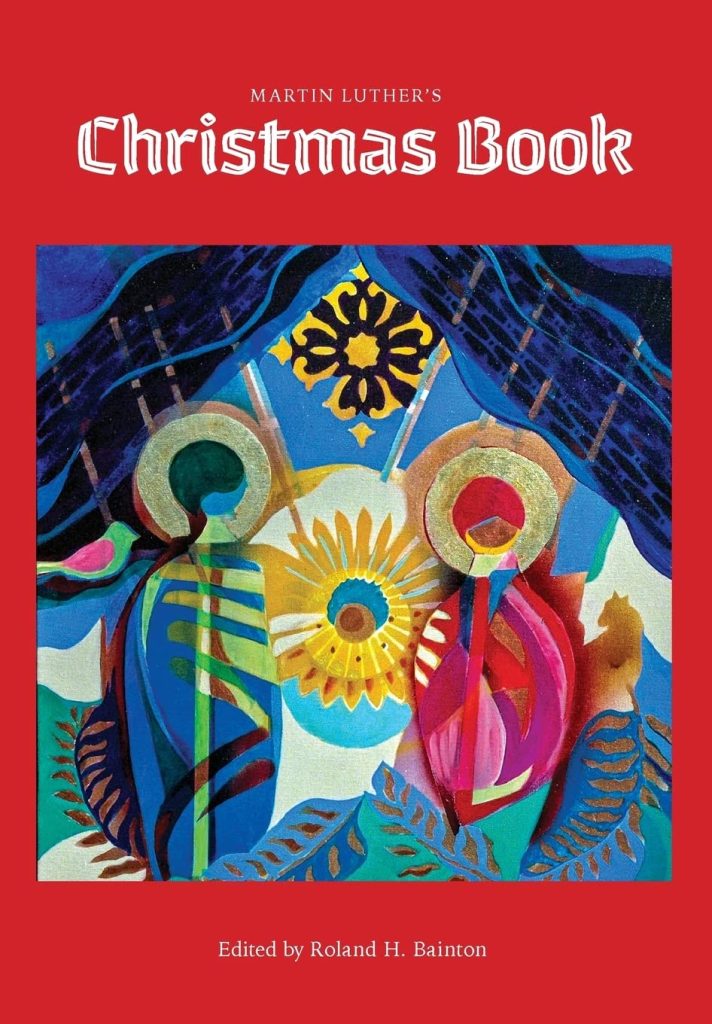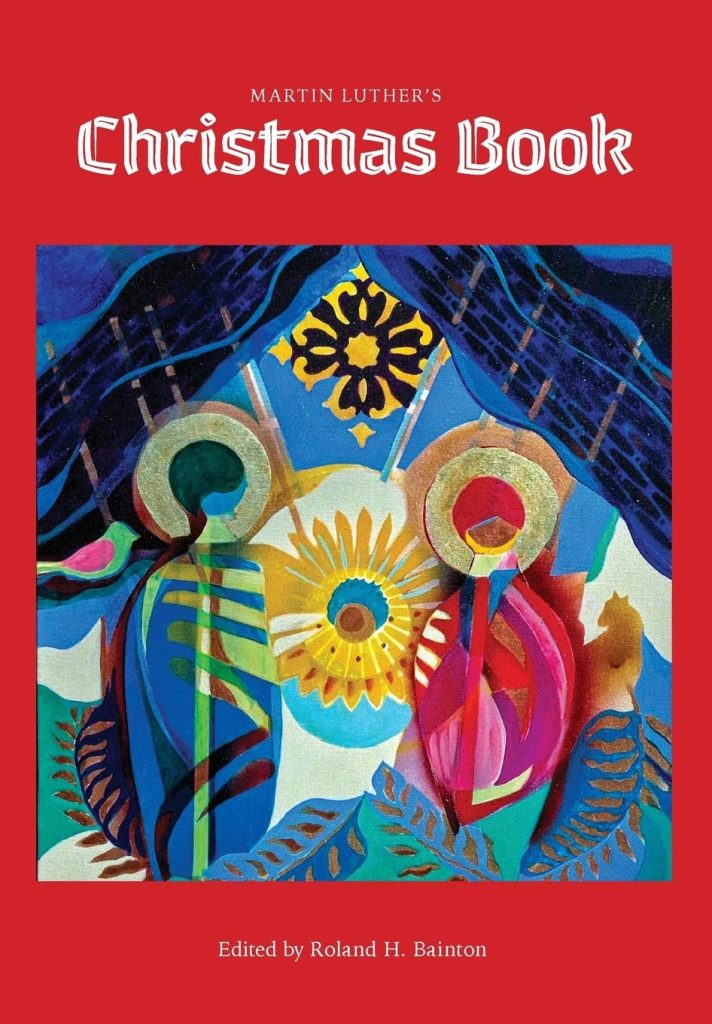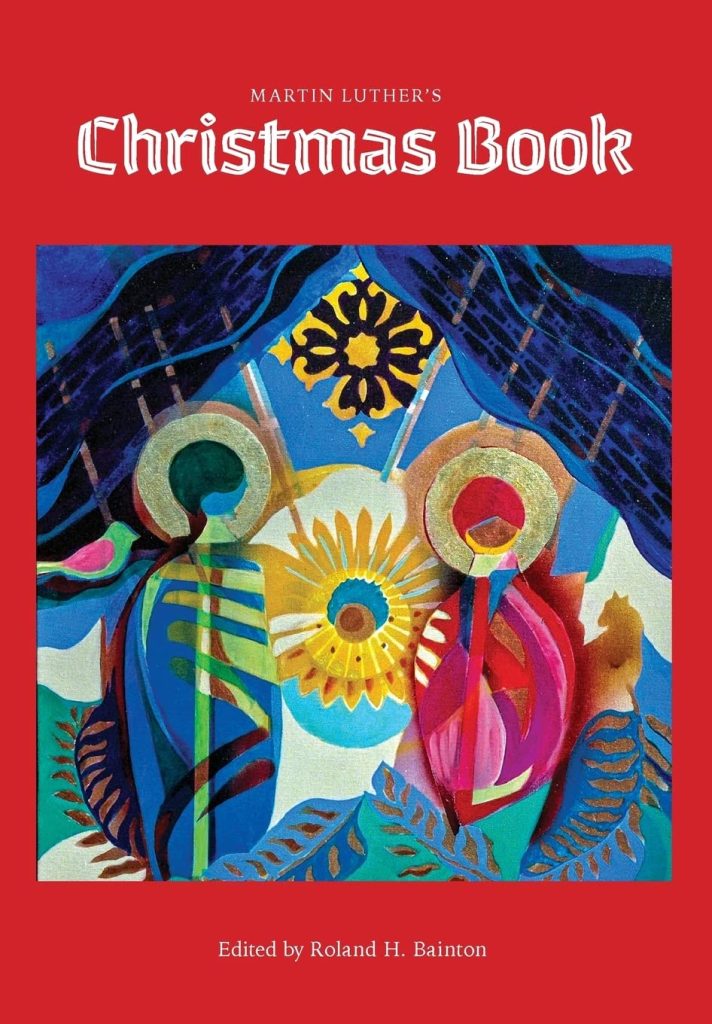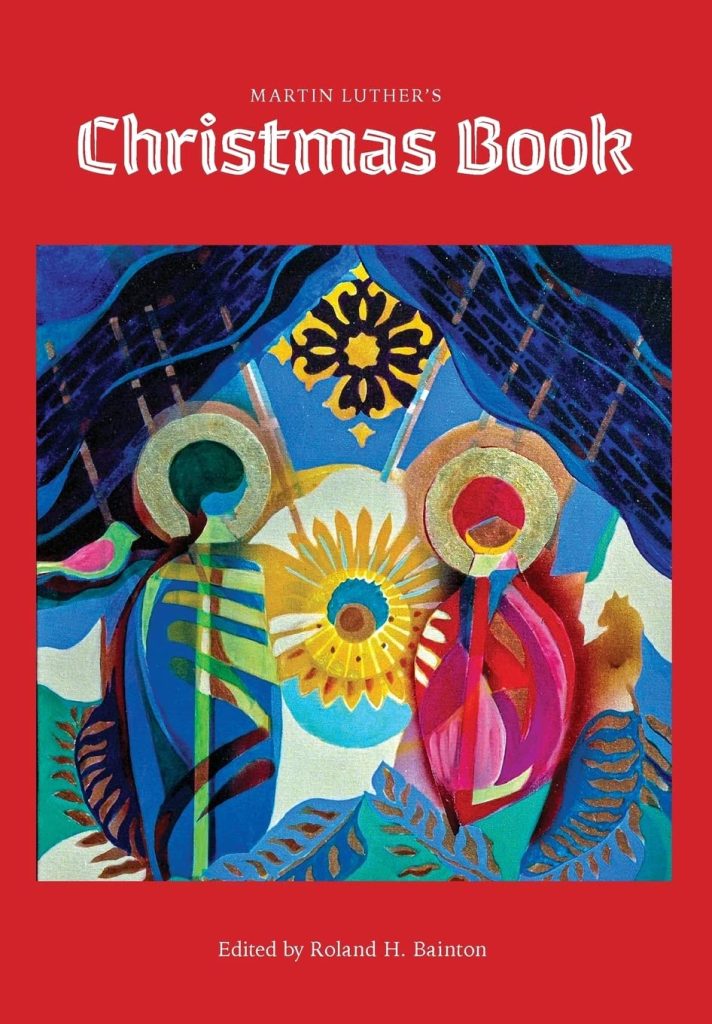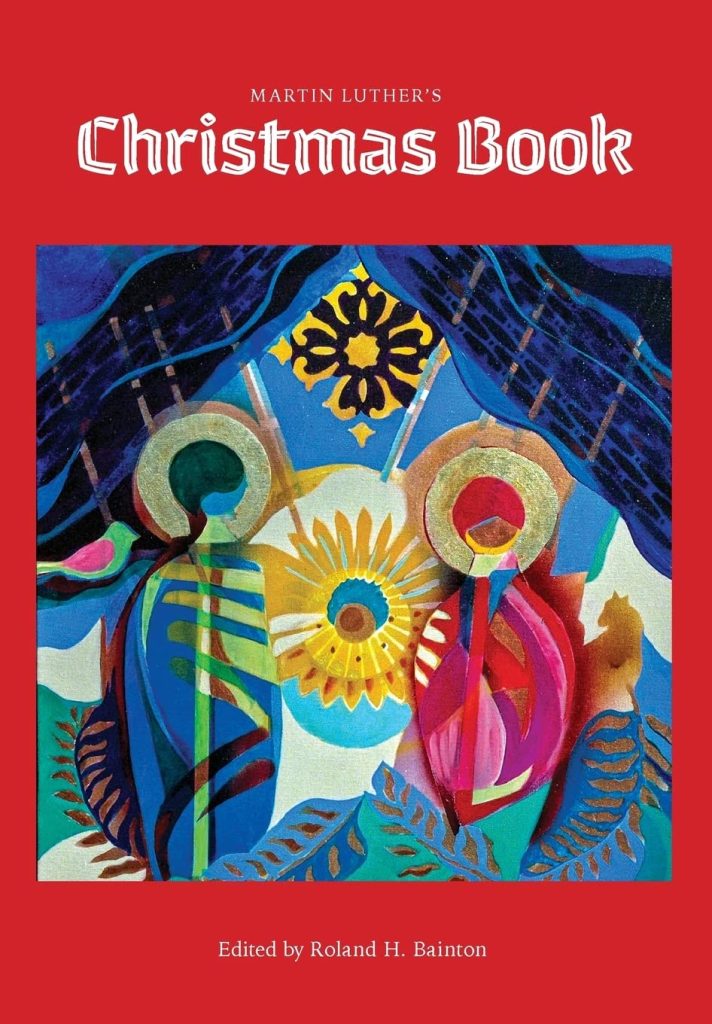This study is a collection of abridged versions of Martin Luther’s sermons for the Advent and Christmas seasons contained in Martin Luther’s Christmas Book. His Christmas sermons help bring the reality of the Nativity story to life. This Advent study covers three weeks.
(Advent 2017)
Luther’s Christmas Sermons: The Annunciation and Visitation, pt.1
Allow yourself to become part of the story. As Luther tells us in his conclusion on the Annunciation, “for us the hardest point [is] not so much to believe that He is the son of the Virgin and God himself, as to believe that this Son of God is ours. . . . [for] this Child belongs to all mankind.”
Luther’s Christmas Sermons: The Annunciation and Visitation, pt.2
The true miracle of the Nativity is not that a virgin bears a child (for that is a mere trifle), nor that God became man (which is somewhat miraculous), but that Mary believes the angel. The faith of Mary is the real miracle in the story.
Luther’s Christmas Sermons: Nativity and Shepherds, pt.1
This sermon brings out a reoccurring theme in Luther’s Christmas sermons that just as contemporaries failed to identify the Baby Jesus for who he was because of his low socio-economic standing, so too do we often fail to see the image of God in those of a lesser social standing as well.
Luther’s Christmas Sermons: Nativity and Shepherds, pt.2
For Luther, the actions of the Shepherds provide an example of our life as well – be moved by the word of God, tell others, but continue in your daily life and work which is your vocation.
Luther’s Christmas Sermons: Herod, Wise Men, and the Presentation, pt.1
If we Christians would join the Wise Men, we must close our eyes to all that glitters before the world and look rather on the despised and foolish things, help the poor, comfort the despised, and aid the neighbor in need.” We should not build churches of wood and stone, but build up the spiritual temples of going to the least of these.
Luther’s Christmas Sermons: Herod, Wise Men, and the Presentation, pt.2
In the Presentation, Simeon, an ordinary man, takes Jesus in his arms and praises God for the coming Messiah. The priests, however, who performed the purification ritual under the Law (Lev. 12) failed to recognize who was in their presence. They simply took their fee and moved on. A common man recognized the Messiah, while the religious leaders were blind to him. For us, the question is when do we do the same?

